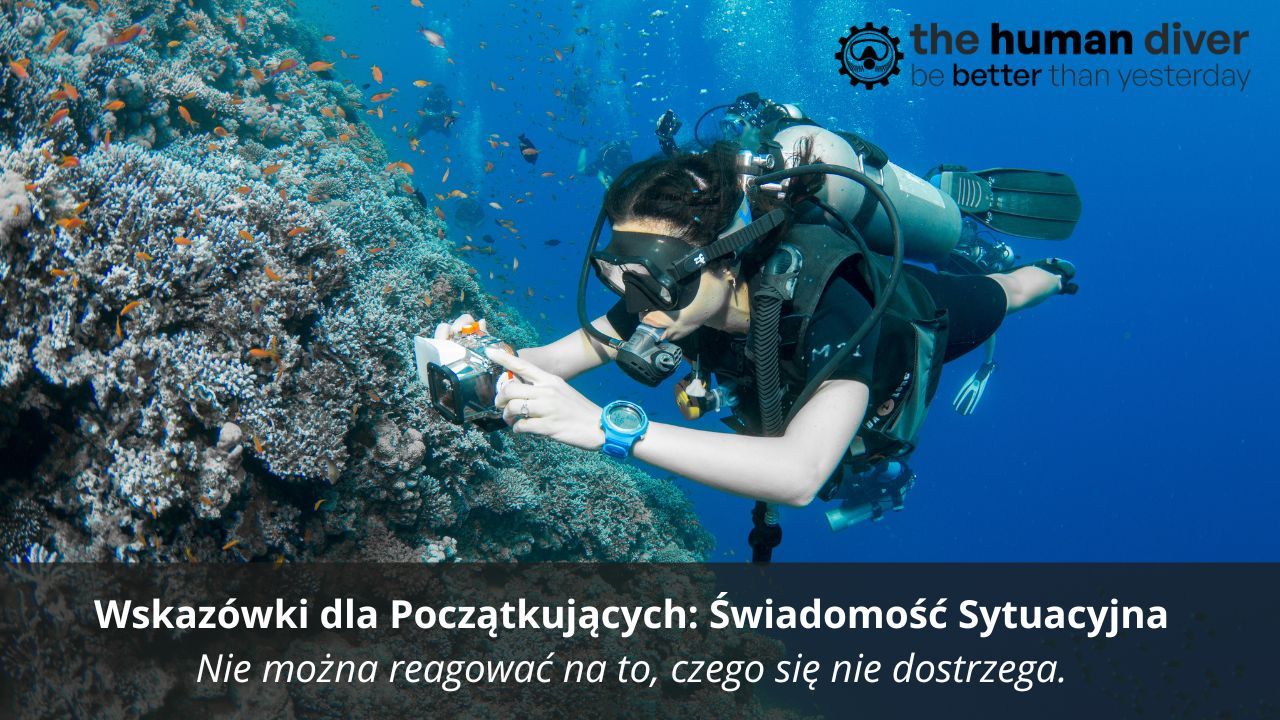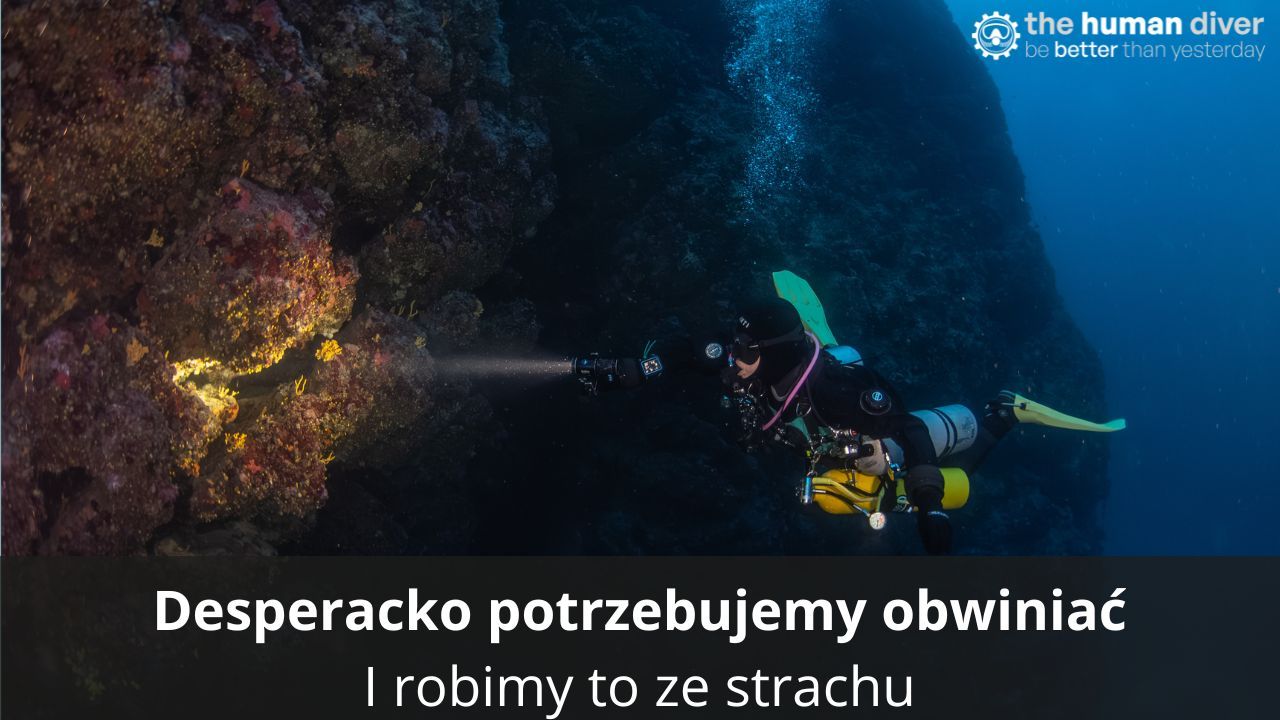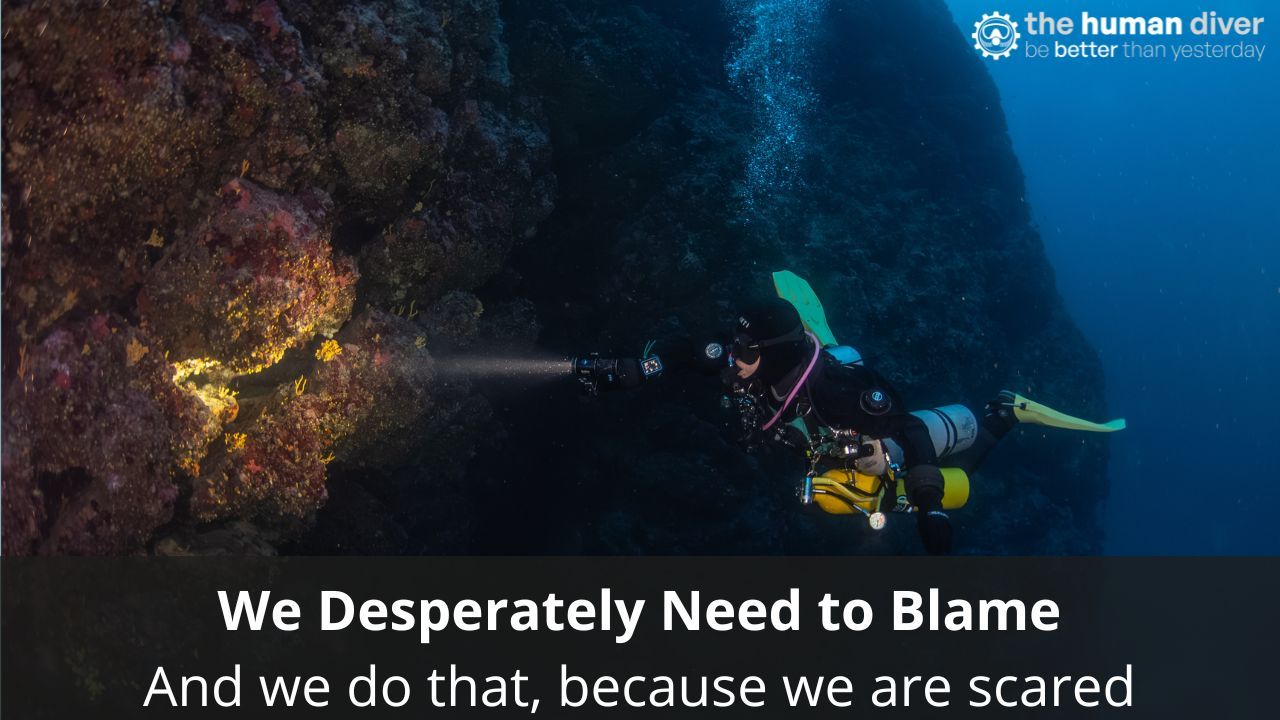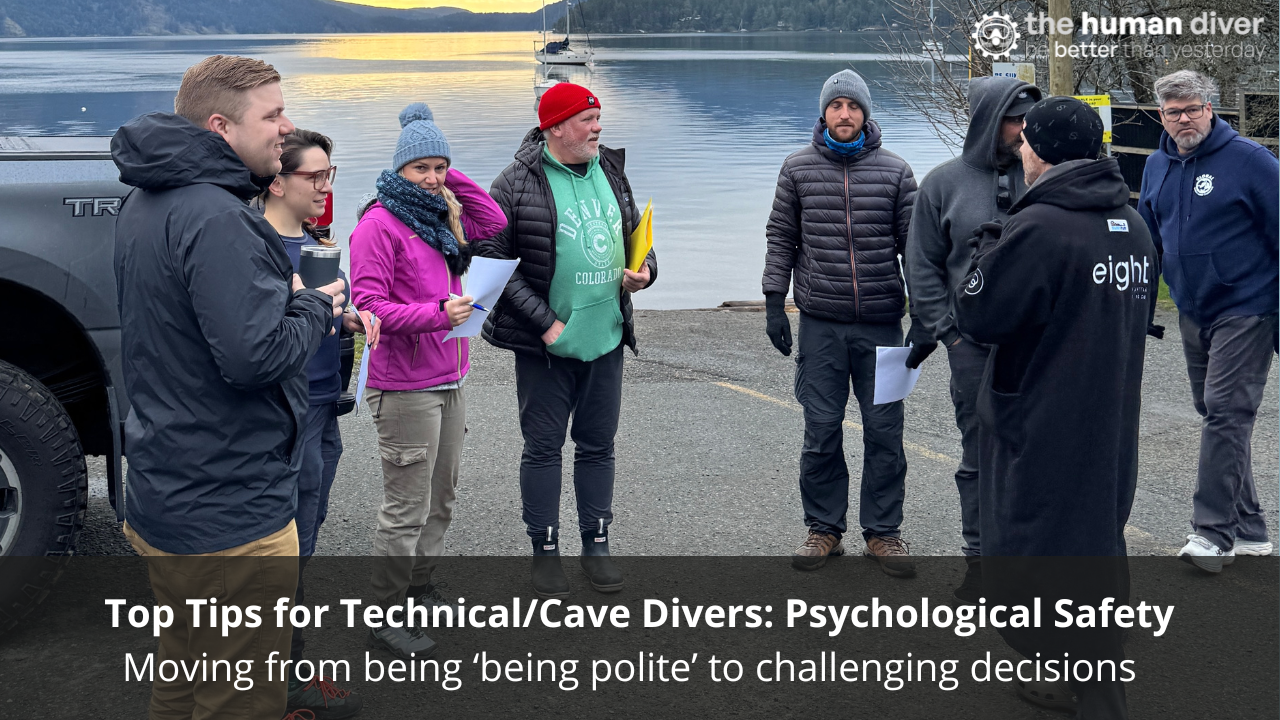
The value of training compared to the cost...
Feb 16, 2017Ever since I launched the Human Factors Skills in Diving classes, I have had numerous comments about the cost of the classes and that they are too high at £500/$750 per person. Indeed, this last week I have had the comparison made between the 2-day classes I teach and a 5 or 6 day technical diving training class - the cost per person is about the same and yet I have a maximum of 6 people on my classes.
As such, I thought I would put a short article explaining why the course costs what it does. This is not a whinge, this has been written to show you the costs involved in bringing a professional tool into the recreational domain.
The Costs...
To start with I have a maximum of six people on a class due to the way that the GemaSim training is configured. Four operators with two observers means that each student gets at least three truly reflective sessions in the 'hot seat' and at least one observing role. Increasing the numbers would reduce the learning opportunities and those in the observation role would start to get bored. Furthermore, the more observers there are, the longer the debriefs become and the days are already 08:45 - 17:30 to get everything covered.
Next, the GemaSim training platform is a professional tool developed with professional team and personal development at its core. Each two day training course requires a licence fee to be paid to the company who own and developed GemaSim. That licence fee is approximately $1000 per two-day course. Could I run this class without GemaSim? Probably, but it certainly wouldn't be as much fun or engaging and therefore harder to get people to subscribe.
Flights: Flights to the US, both coasts, are in the order of $800-$1000 return.
Accommodation: If I am teaching a weekend class, I plan to arrive on the Thursday night to take into account the possibility of flight delays and because the class finishes on the Sunday at 17:30, a Sunday night flight back to the UK is rarely possible. This means four nights accommodation at a cost of approximately $350.
Food: A very conservative estimate would be $30 per day, very likely more. $150.
Car rental/taxis at the course location: $250 for the five days.
Training venue: In the order of $125 per day including a projector and screen. $250.
Next, I need to pay tax..!
So the class costs are approximaely $3600 but the revenue from a 5-person class is $3750. Five has been the average number of students I have had on a class since I started running them...
I do recognise that a number of these costs are also applicable to the students attending the class which then adds to their course costs too. However, to think that I am making masses of money from a $750 two-day class is not true. None of the costs above taken into account the computers which I have paid for to run GemaSim, the core materials for GemaSim, the video shoot for the online class, the two marketing companies I paid to promote the classes (and who failed miserably!), the hosting platform for the online class and so on...
I then get asked why I don't focus on the corporate market to make more money. I am trying to do this but as a small business getting a foot into that market is very hard. In addition, I believe there is a need for this in the sport diving industry which is why I have also been working with a number of diver training organisations to get these concepts into their training courses for both students and instructors. These include GUE, IANTD, NAUI and SSI. This will take time though.

The Value...
Herein lies the challenge. How do you put a value on an intangible capability which is there to improve the performance and safety of dive teams when our current measure of safety (fatalities) is recognised in a number of other fields as a poor metric of safety. Even more so when the numbers of fatalities are very low, the investigations into near misses are almost non-existent, and those conducted for fatalities are often about who is to blame, rather than why something happened.
Fundamentally, value is an internally generated concept. Therefore what I perceive to be valuable as the provider could be different to what you perceive as the consumer, especially if the result of your investment takes time to materialise. Value isn't necessarily financially linked but often is. In terms of the value of the class to you, the course does provide tools which you can use immediately to improve performance and safety, but most importantly it changes the perspective of how and why things go wrong so that behaviours and attitudes can be improved leading to more enjoyment, less stress and ultimately, safer diving.
I know the value of this training because I know the heritage of the concepts from aviation, nuclear and healthcare. Human factors is human factors, only the stories change. I cannot say how valuable it will be to you, but this page is full of testimonials from people who have undertaken the class, some of which are repeated below. The concepts and tools provided are valuable in all walks of life, not just diving so there is added value there too.
“Every diver should try to do it. But every diver leader (DM, Instructor, IT & ITT) must do it because the value of the class is unmeasurable. This programme will take your teaching to the next level.”
Luis Augusto Pedro, COO IANTD“This programme really focuses on the foundational reasons/factors contributing to enhanced safety/accidents. It really puts the spotlight on what we need to look at to improve safety.”
Dallas Edmiston, Executive Director, NAUI Worldwide"At around £500/$750 it’s about the same cost as a standard recreational or technical diving course (less specialities) and it’s worth doing. And to make it easier, you can spread the cost of the course over 3 monthly payments. You may not get a c-card for your logbook (although you do get a certificate and t-shirt) but you will walk away a better individual and a better team member. "
Timothy Gort, BSAC First Class Diver. His full length comprehensive review is here.“Eye-opening experience that really shows how much we all have to learn about working in teams. Great use of specific examples tied with students experiences and related well with the students. ”
Alex Adolfi, GUE Fundamentals Instructor, Advanced Trimix Technical Diver"Just finished the full weekend course Human Factors in Diving given by Gareth Lock. It was a transformational experience for me, improving my situational awareness, dive planning, communication and more. The focus is on human factors, not the technical aspects of diving. The applicability goes beyond diving, hence I recommend this course without hesitation to divers and non-divers alike. You simply have to take it."
Michelle Nelson, OWSI“A unique and beneficial two-day journey into the best (and ‘other’) practices in communicating, learning, performing and diving as a team. I have spent 20 years being taught and practicing CRM in military and civil aviation, and now realise how little I knew abotu CRM."
Michael Puz, Airline training captain, Recreational Diving Instructor, Rebreather diver.

Hopefully this article will show you why the course costs what it does. I cannot determine if the course is valuable to you personally. With the exception of one person who withdrew from the class because they did not believe in the philosophy of the class using computer-based simulation and proved to be a toxic team member, there has been a 100% recommendation for divers and non-divers to attend the 2-day class. Concerning the online micro-class, the feedback I have had is that it should be undertaken by all divers, irrespective of experience and works very well to get the concepts across. This micro-class is available as a stand-alone course ($99) or as pre-learning as part of the main class (included as part of the course fee).
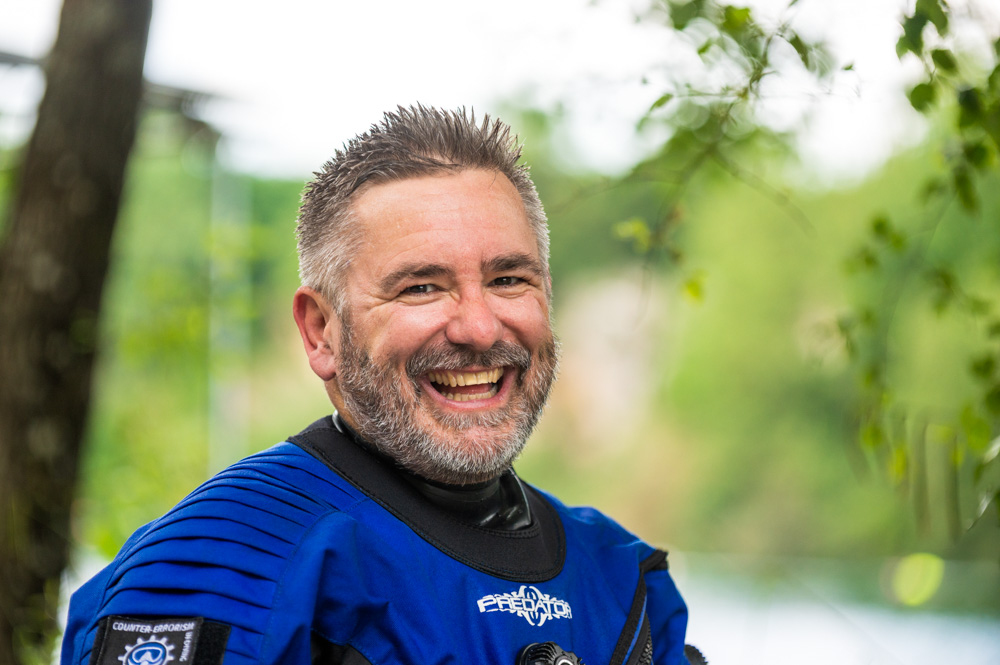
Gareth Lock is the owner of The Human Diver, a niche company focused on educating and developing divers, instructors and related teams to be high-performing. If you'd like to deepen your diving experience, consider taking the online introduction course which will change your attitude towards diving because safety is your perception, visit the website.
Want to learn more about this article or have questions? Contact us.




